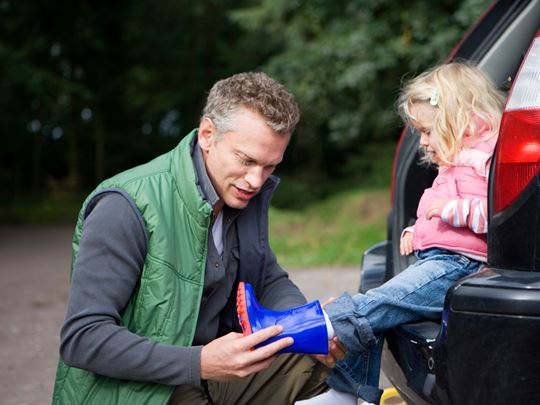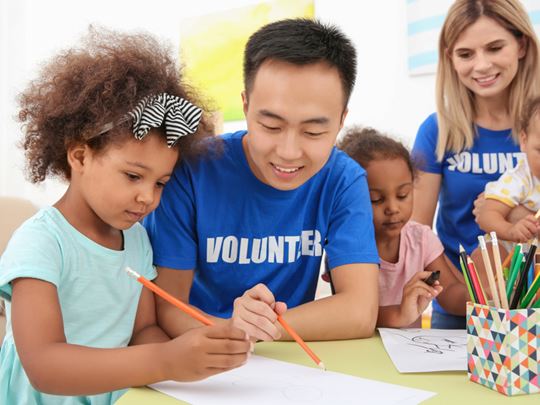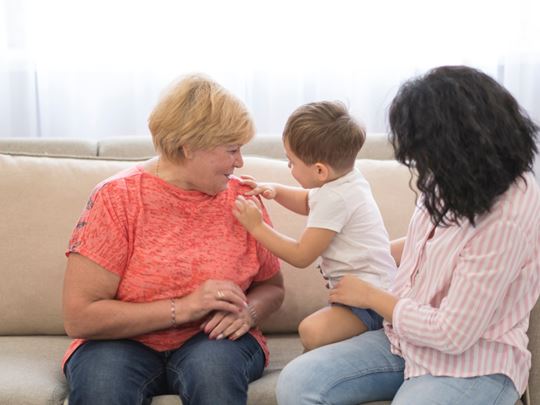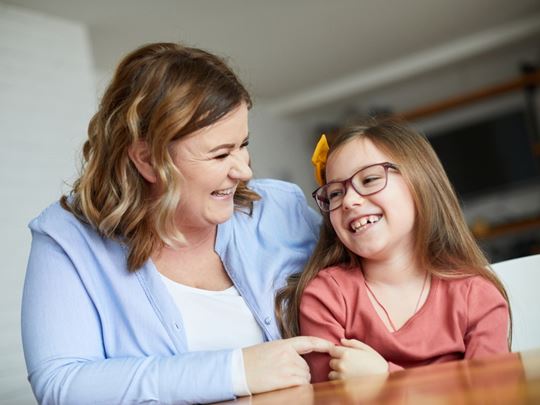
Raising children can be one of the hardest jobs there is, but it is also extremely rewarding and fulfilling.
But the skills needed to be a good parent don’t always come easily to everyone. That’s why one of the types of fostering we offer at FCA is parent and child fostering, so young or vulnerable parents can learn key parenting skills from experienced people just like you, in a caring, nurturing and safe environment.
There are many other ways you can share your parenting skills too, so read on to find out how you can support new, inexperienced or vulnerable parents and give them the tools they need.
What are good parenting skills and why are they important?
Every parent wants to have effective parenting skills so they can raise happy, healthy, confident, and well-rounded children.
We want our children to reach their full potential and be active members of society who contribute to their community.
But good parenting is a broad concept and is an accumulation of actions and interactions you have with your child. Key parenting skills aim to develop character traits in children such as honesty, integrity, kindness, empathy, independence, and cooperation.
This means being a role model for your children and demonstrating those skills yourself, as children listen to and watch everything parents do, and take everything in. As your child absorbs your actions, they begin to mimic them, so being a good parent and having positive parenting skills means you need to be aware that your little ones are watching, learning, and copying you.
Key parenting skills
Positive, or good, parenting skills focus on the overall health and wellbeing of your children. It’s about showing love, warmth and acceptance and nurturing your child, while attending to their mental, physical, social, intellectual, and emotional needs.
Here are some key parenting skills to be aware of.
|
|
Remember, there is no such thing as ‘perfect parenting’. Having good parenting skills means having your child’s best needs and interests at heart and doing your best to positively interact and respond to those needs every day.
Ways you can share effective parenting skills
As a parent, you already have a wide range of skills and experience that you can use to help others, particularly other parents who might be struggling with their parenting skills.
Here are a few ways you can use your skills to help others.

Start a parenting blog
There are a lot of parents out there searching the web for answers. How do I get my child to listen? How can I teach my child responsibility? What are some ways to teach my child empathy? Parenting is a minefield and we all need a little help or advice sometimes when it comes to knowing effective parenting skills.
Use your experience and the skills you’ve picked up to create a parenting blog that can help answer some real-life questions and problems other parents are facing. Start by being real - people respond better to a real parent who has also faced these problems and has come out the other side. Show that you’ve been there and you understand what they’re going through, and talk about what helped you and how you got through it.
Volunteer at a youth centre
Do you have a local youth centre or school that runs classes for kids? Whether it’s helping with homework, coaching sports, helping out with an art class, or providing reading support, there are probably a bunch of ways you can use your parenting skills to help.
Showing support, patience, resilience, and kindness are all great parenting skills that can help children who go to these extracurricular activities. Find out what’s going on in your community and see if there’s a way you can use your skills and expertise to lend a hand.
Offer respite fostering
If you’re keen to foster children, but don’t have the time to dedicate to it full-time, offering respite fostering can be a great way to still get involved. At FCA, we offer 14 nights of respite for our foster families each year, so they can have some time to relax, recharge, and rest.
You could help by caring for children during summer holidays or at certain points in the year, offering a secure and nurturing environment so their foster parents can get the rest they need to keep providing a loving home. If this sounds like something you’re interested in, please get in touch to find out more about respite fostering.

Volunteer for a charity
As a parent, some of the skills you might naturally acquire are time management, communication, people management, problem-solving, organisation skills, and listening skills. These amazing skills could be put to use outside of the home and to help others. Charities need volunteers to help them on a daily basis, whether it’s a hospital, a charity shop, a homeless shelter, an animal shelter, or local support groups.
See what’s happening in your community and think about what skills you have that could help. It’s a great way to not only support worthy causes but teach you some new skills at the same time. You’ll also be setting a great example for your children and showing them how important it is to help others.
Parent and child fostering
Teaching new or vulnerable parents positive parenting skills can make a huge difference to the future of both the parent and their child. This is where parent and child fostering comes in.
This is a specialist type of fostering where you foster a parent and their baby or child at a time when they need extra support. It allows them to learn to cope with parenthood with additional support from an experienced parent or someone with parenting skills in a safe and secure environment.
Unfortunately, many parents are vulnerable due to a number of reasons, such as teenage pregnancy, domestic violence, mental health issues or an unsafe living environment. It’s vital that their baby receives the proper physical and emotional care in its early life, and that the vulnerable parents develop the knowledge they need to provide ongoing support after the placement ends.
You may also care for pregnant teens who need support looking after themselves during the pregnancy to ensure the health and safety of their unborn baby.
The work parent and child foster families do is crucial to preventing more children ending up in care, which is such a positive legacy to have.
You’ll be guiding a vulnerable parent’s journey and providing them with support and helping them learn the skills they need to help raise a happy and healthy child. It is truly one of the most rewarding roles you could ever have and you’ll learn so much about helping others and how the skills you have could help turn lives around.

Use your parenting skills to help vulnerable parents with FCA
Nurturing vulnerable parents and teaching them how to improve parenting skills can be the most amazing gift you can give.
When you become a foster parent to a parent and their child, you can use your experience and love to teach them the skills needed to be a good parent, giving them the tools they need to provide a more positive future for their child.
If you’d like to learn more about parent and child fostering or want to transfer foster agency, then give our friendly team a call. We’d love to answer any questions you might have.





